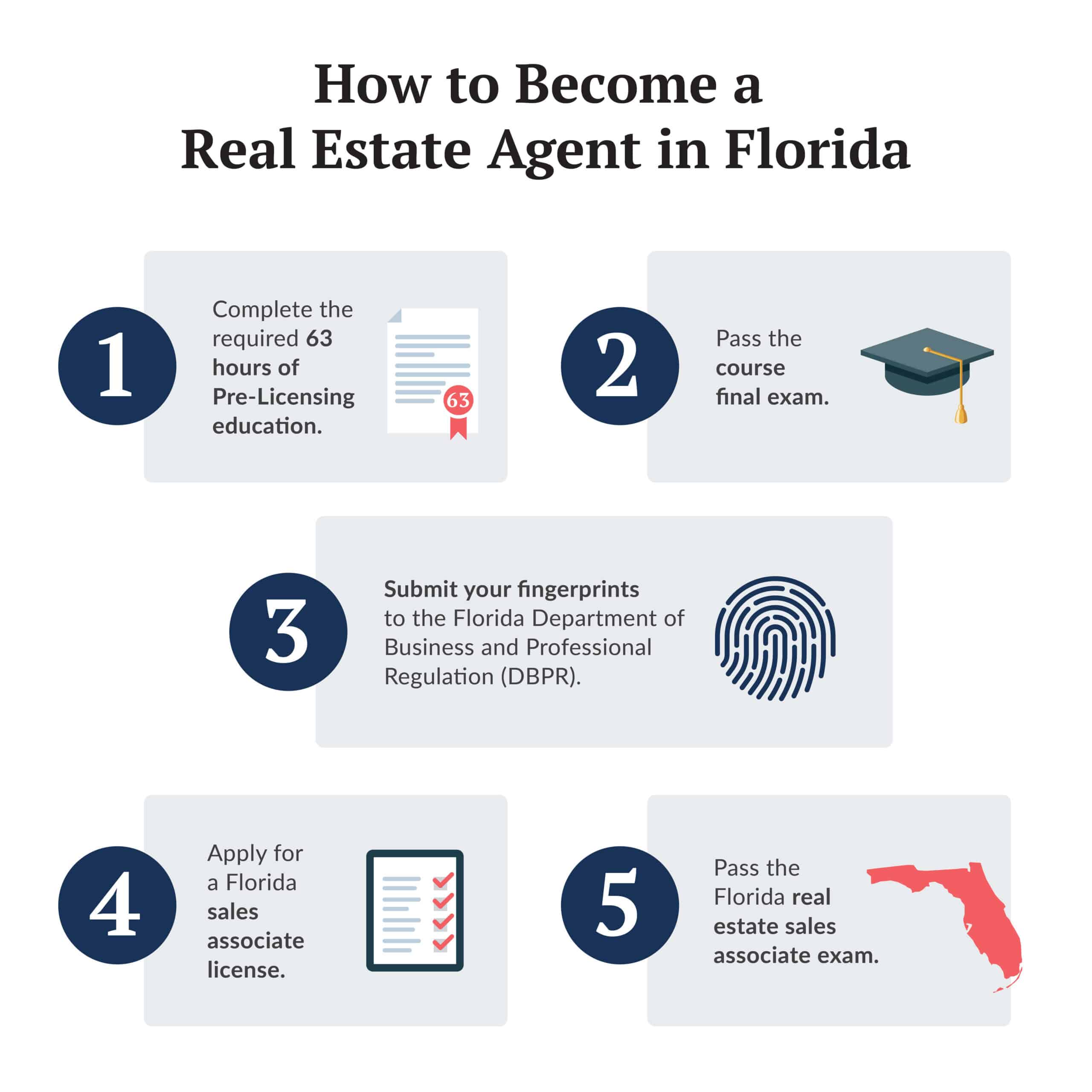
Property partnerships can be a great way to put together large projects and generate profits from multiple properties. However, there are a few things you need to understand before entering into a partnership.
First, you should discuss the pros and cons of partnership real estate with your potential partners. This will let you determine if a partner is the right fit for you and your goals.
Second, you should make sure that each partner is able to contribute the appropriate amount of money towards the project. This will prevent financial problems in the future, and make it easier to move forward.

A third step is to create clear agreements about the roles and responsibilities of each partner. This will ensure everyone has a clear understanding of their roles and responsibilities during their time in the real-estate partnership.
Fourth, consider forming an LLC/a limited partnership (LP), if you want to work with other partners in real-estate deals. These structures eliminate the taxation of profits and losses on a corporate level. They offer legal protection against claims based on personal or business assets.
If you're investing in real property with others, you might consider setting up a revocable trust. This will give you a way to protect your investment and create a plan for how to structure the cash flow of your real estate deals.
Sixth, make sure you choose a skilled lawyer to handle your partnership real property matters. An attorney who has experience in this area can help you avoid legal problems and make your partnership more successful.

Seventh, be sure to keep an eye on the financial performance for your investments in partnership. This will help determine whether the partnership is viable and financially sound.
It is important to consider whether you have the financial resources and ability to invest in large-scale real estate projects before you decide on a partnership. Investment opportunities in large apartment buildings that can be syndicated are a great way for high returns and to build wealth. These partnerships are expensive, but they can provide many benefits.
FAQ
Is it possible to get a second mortgage?
Yes. However it is best to seek the advice of a professional to determine if you should apply. A second mortgage is usually used to consolidate existing debts and to finance home improvements.
What should you think about when investing in real property?
The first step is to make sure you have enough money to buy real estate. You will need to borrow money from a bank if you don’t have enough cash. You also need to ensure you are not going into debt because you cannot afford to pay back what you owe if you default on the loan.
You must also be clear about how much you have to spend on your investment property each monthly. This amount must cover all expenses related to owning the property, including mortgage payments, taxes, insurance, and maintenance costs.
You must also ensure that your investment property is secure. It would be best to look at properties while you are away.
How much will my home cost?
It depends on many factors such as the condition of the home and how long it has been on the marketplace. The average selling price for a home in the US is $203,000, according to Zillow.com. This
How do you calculate your interest rate?
Market conditions impact the rates of interest. The average interest rate during the last week was 4.39%. Divide the length of your loan by the interest rates to calculate your interest rate. For example, if $200,000 is borrowed over 20 years at 5%/year, the interest rate will be 0.05x20 1%. That's ten basis points.
Do I need a mortgage broker?
A mortgage broker may be able to help you get a lower rate. A broker works with multiple lenders to negotiate your behalf. Some brokers earn a commission from the lender. Before signing up for any broker, it is important to verify the fees.
Do I need flood insurance
Flood Insurance covers flood damage. Flood insurance can protect your belongings as well as your mortgage payments. Learn more information about flood insurance.
What are the downsides to a fixed-rate loan?
Fixed-rate loans are more expensive than adjustable-rate mortgages because they have higher initial costs. You may also lose a lot if your house is sold before the term ends.
Statistics
- This seems to be a more popular trend as the U.S. Census Bureau reports the homeownership rate was around 65% last year. (fortunebuilders.com)
- This means that all of your housing-related expenses each month do not exceed 43% of your monthly income. (fortunebuilders.com)
- The FHA sets its desirable debt-to-income ratio at 43%. (fortunebuilders.com)
- Some experts hypothesize that rates will hit five percent by the second half of 2018, but there has been no official confirmation one way or the other. (fortunebuilders.com)
- Over the past year, mortgage rates have hovered between 3.9 and 4.5 percent—a less significant increase. (fortunebuilders.com)
External Links
How To
How to find an apartment?
Moving to a new place is only the beginning. This involves planning and research. This involves researching neighborhoods, looking at reviews and calling people. While there are many options, some methods are easier than others. Before renting an apartment, it is important to consider the following.
-
You can gather data offline as well as online to research your neighborhood. Online resources include Yelp and Zillow as well as Trulia and Realtor.com. Online sources include local newspapers and real estate agents as well as landlords and friends.
-
See reviews about the place you are interested in moving to. Review sites like Yelp, TripAdvisor, and Amazon have detailed reviews of apartments and houses. You can also check out the local library and read articles in local newspapers.
-
Call the local residents to find out more about the area. Talk to those who have lived there. Ask them what they loved and disliked about the area. Ask for their recommendations for places to live.
-
Take into account the rent prices in areas you are interested in. Renting somewhere less expensive is a good option if you expect to spend most of your money eating out. On the other hand, if you plan on spending a lot of money on entertainment, consider living in a more expensive location.
-
Find out information about the apartment block you would like to move into. How big is the apartment complex? What is the cost of it? Is the facility pet-friendly? What amenities does it have? Do you need parking, or can you park nearby? Do tenants have to follow any rules?